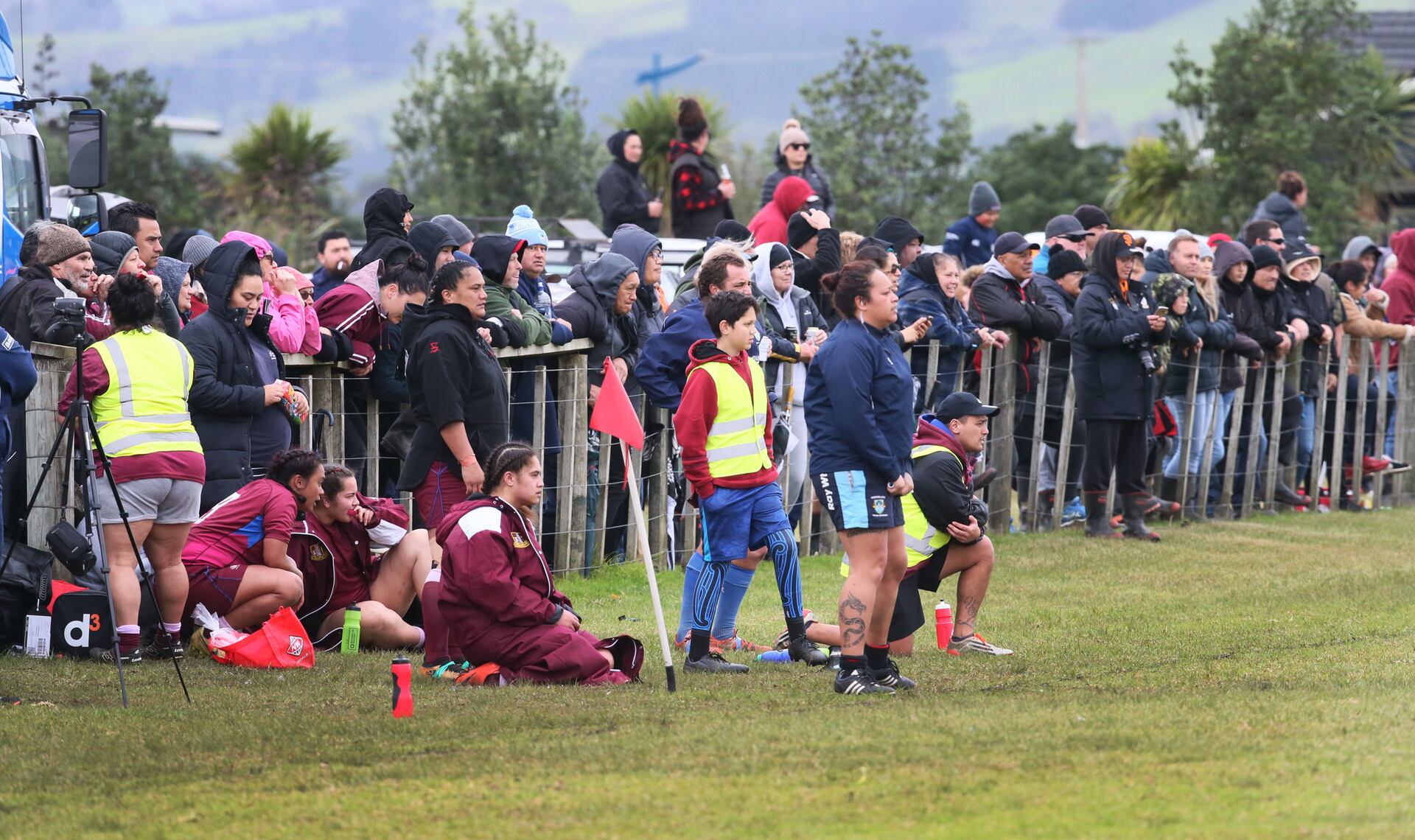
RUGBY REFEREES AND RAISED EXPECTATIONS: VERBAL SIDELINE ABUSE DRIVING REFS AWAY, SO WHAT CAN BE DONE?
Verbal abuse and sideline behaviour is continuing to drive rugby referees out of the game at community level, according to those at the coalface.
Data supplied by New Zealand Rugby (NZR) shows refereeing numbers have fluctuated in recent years, with an increase in 2023 (1563 registered referees) following two years of falling numbers. NZR expects another small increase (to around 1600) in its final 2024 numbers.
But those hard-earned recruitment gains are being undone at the level that desperately needs them.
“We’ve had two referees this year taking mental health breaks because of the stuff they’ve copped from sidelines and coaches and players,” says North Harbour’s manager of match officials, Ryan Nixon.
“We don’t have enough referees to be pushing people away.”
Nixon, a referee of 20 years, says the worrying trend often affects those who have only recently picked up the whistle.
“We see a big drop off after two or three years, which is really sad. They come in, they get a taste of it – they’re probably doing the hardest grades to referee, and that sideline behaviour is part of why they step away. It becomes too much.”
Perhaps what hasn’t been acknowledged is the role that top-level rugby plays in inadvertently fuelling that behaviour – an unintended consequence of seeking mistake-free officiating.
The game at the elite level has virtually sought to eradicate human error by referees and their assistants, with Television Match Officials (TMOs) effectively able to referee the game in retrospect. They can see even more camera angles than the broadcaster.
“The scope of the role of the TMO in the rugby we watch on TV has raised that expectation [of viewers and spectators] – and then at community level, they expect us to see everything,” says Nixon.
“Those expectations don’t really align with the level of rugby that they’re watching or coaching – or playing.”
Recent events show that even with advanced technology at elite level, mistakes still happen – a view shared by a former international referee.
“Rugby is so complex – we’re not going to get everything, and it doesn’t matter how much technology you wrap around it, you’re still not going to get everything,” says former IRB (now World Rugby) referee Chris Pollock.
Pollock is now NZR’s manager of high performance for referees.
“The further you go down [in level], the less technology you get – so by the time you get to the community game, you’ve got no technology. Sometimes you’ve got no assistant referees. It’s one person on their own trying to pick up what they can and inevitably you’ve only got one set of eyes, and you can’t see everything,” says Pollock.
“That’s the reality right? The referee is looking at one thing at one time – as a spectator, you might be looking at something different and you might see something that we’ve missed,” says Nixon.
Nixon says grassroots refereeing is a sliding scale where it gets harder as the level of rugby gets lower. That’s because certain areas – like the breakdown – require greater attention in grades that are less adept in such technical areas.
“If that breakdown is a mess, then I can’t take my eyes off it and if I don’t have ARs [assistant referees], that just feeds into players creeping up offside and you just can’t police them.”
At community level, referees are volunteers.
“We don’t do it to make money. When you consider that, it’s like – this person’s out here because they want to be. They’re not trying to do a bad job and you’re giving them grief,” says Nixon.
Pollock believes expectations should be tempered at all levels.
“Rugby isn’t a black-and-white game and there’s going to be some human error or interpretation, and I think we’ve just got to learn to accept that.”
2024-09-18T17:28:29Z dg43tfdfdgfd